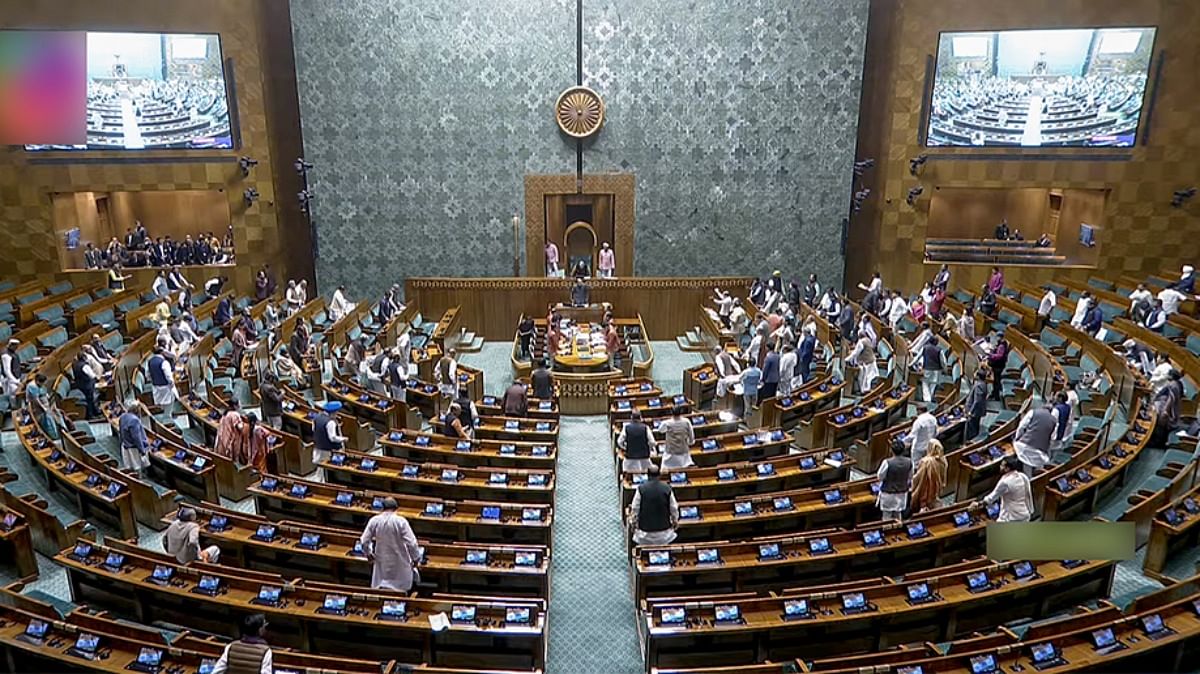
Image Source: theprint.in
In a recent development, the ongoing parliamentary suspensions have escalated with 49 additional Members of Parliament coming under scrutiny. This development has not only intensified the political debate but also raised concerns regarding the functioning of the legislative body.
The issue of parliamentary suspensions has been a matter of significant contention in recent times. The decision to suspend MPs is often a result of their alleged involvement in disruptions, misconduct, or violation of parliamentary decorum. Such actions not only disrupt the functioning of the House but also impede the legislative process.
From the perspective of the Union Public Service Commission (UPSC) examination, this issue holds paramount importance. Aspiring civil servants need to understand the dynamics of the parliamentary system, including the roles, responsibilities, and ethical conduct expected from elected representatives.
Significance for UPSC Preparation
For UPSC aspirants, staying updated with current affairs, especially those related to governance, politics, and constitutional matters, is crucial. The parliamentary suspensions and the subsequent debate highlight several key points:
- Constitutional Understanding: Understanding the powers and privileges of the Parliament, including its authority to discipline members, is vital for aspirants preparing for the polity and governance sections in the UPSC syllabus.
- Role of MPs: Analysing the conduct and responsibilities of Members of Parliament helps in comprehending the ethical and professional expectations from public representatives, a relevant topic in the ethics paper of the UPSC exam.
- Impact on Governance: Assessing how disruptions and suspensions affect legislative processes and governance assists in comprehending the challenges faced in policy-making and implementation, a significant aspect of the exam syllabus.
- Ethical Governance: Examining the ethical implications of disruptive behavior in parliamentary proceedings aligns with the values and principles of ethical governance, an important dimension of the UPSC exam.
Conclusion
As the scrutiny on parliamentary suspensions intensifies with the inclusion of 49 additional MPs, it becomes imperative for aspirants preparing for the UPSC examination to delve deeper into these developments. The ability to analyze such current affairs events through a governance and constitutional lens is crucial for a comprehensive understanding of India's democratic framework, a prerequisite for success in the civil services examination.